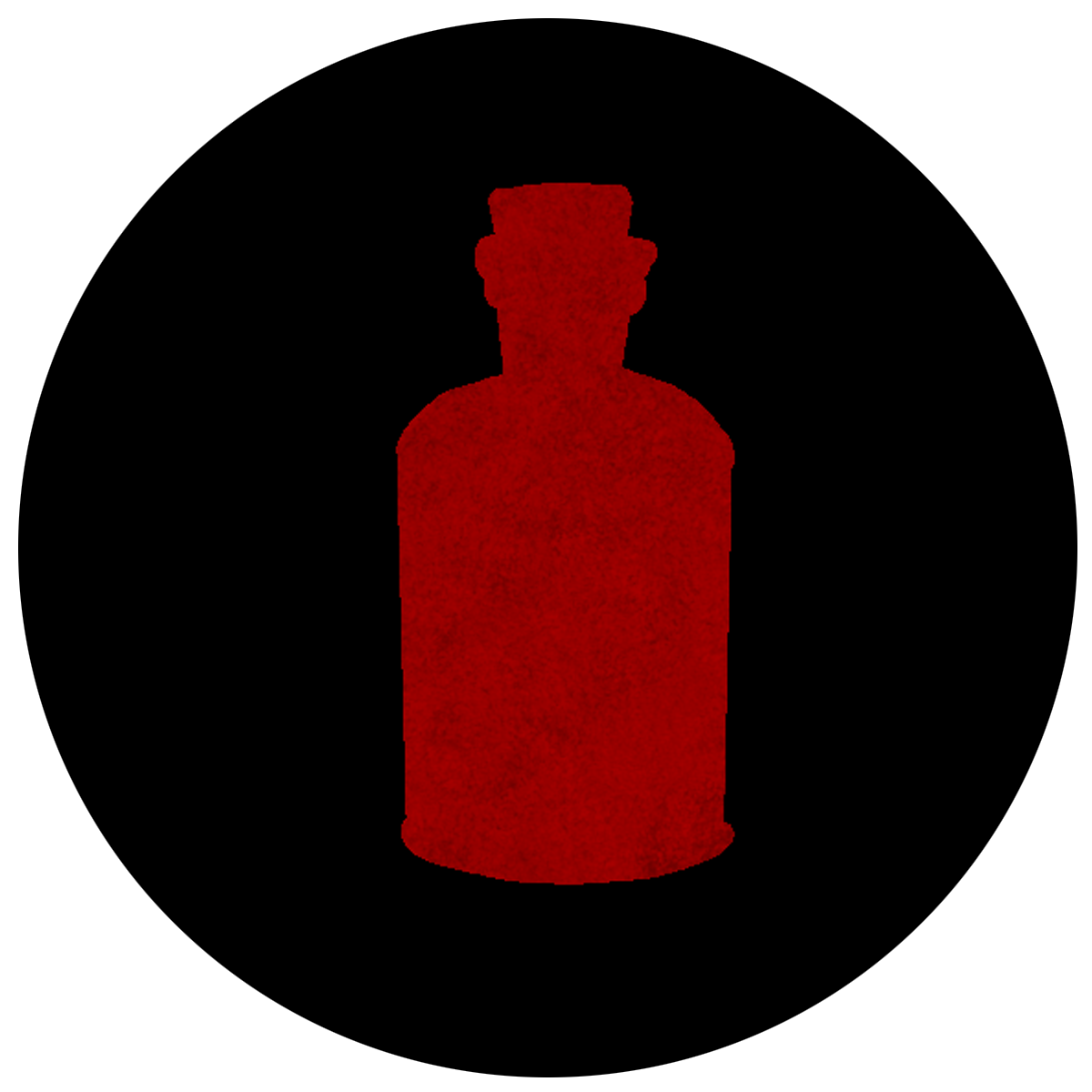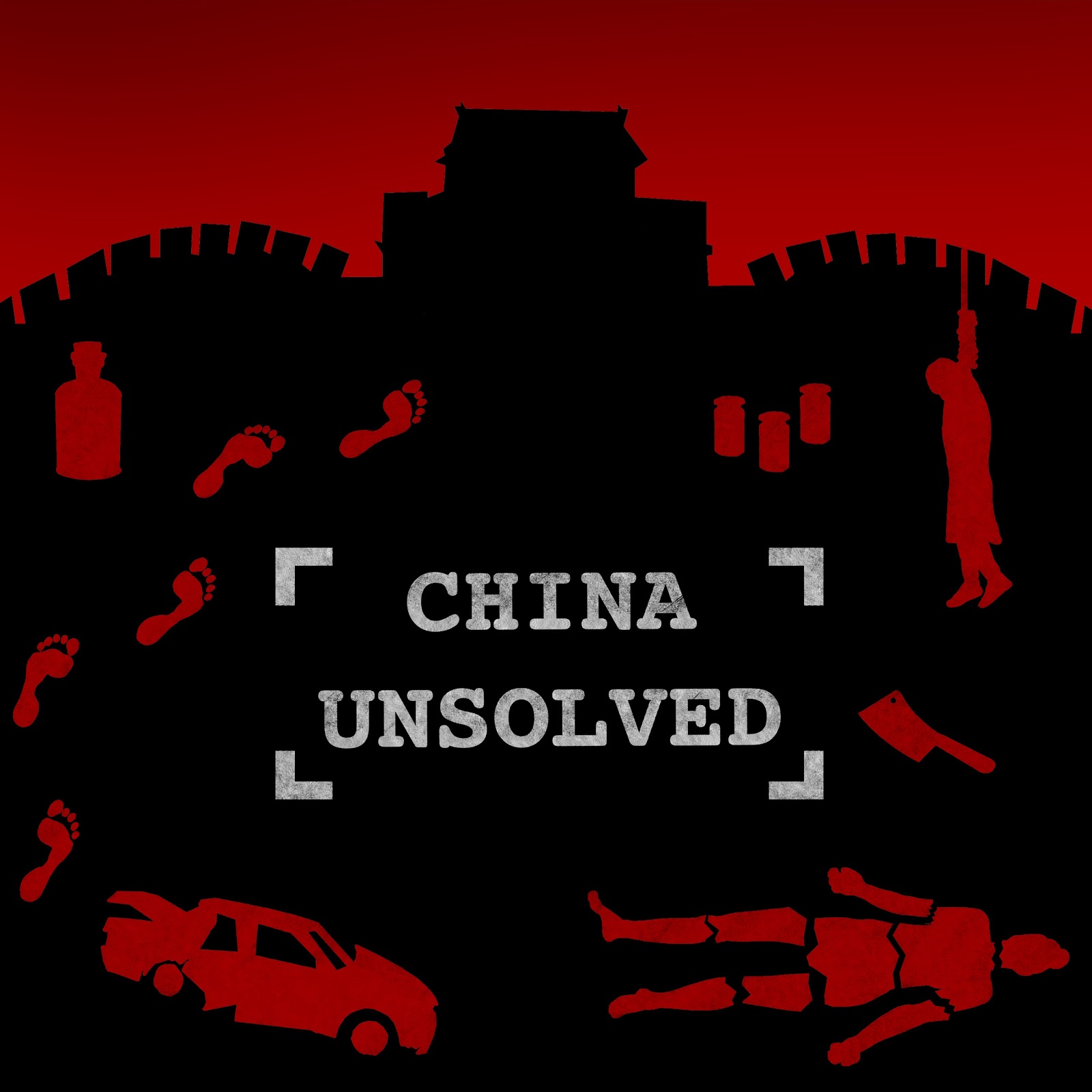China Unsolved: Who poisoned Zhu Ling?

China Unsolved is a The China Project weekly series profiling China’s most notorious unsolved mysteries.
A talented student, a mystery illness, an obvious suspect. Decades later, the notorious case of the poisoning of Zhu Ling — and the accusations against Sun Wei — still refuses to die.
Images by Katie Morton
It’s perhaps the most infamous case in the annals of modern Chinese crime, and almost as contested as the Claus von Bülow trial. The latter became the subject of the 1990 Oscar-winner Reversal of Fortune but Chinese filmmakers have yet to touch the notorious Zhu Ling 朱令 affair — perhaps with good reason.
The tale begins in March 1995, as a nervous Zhu walked on stage to begin a guqin (Chinese zither) recital at Tsinghua University. Her performance was flawless, if a touch rote. No one in the room, least of all Zhu, had any idea of the reason: that there was a rare poison working through her system, a toxic heavy metal called thallium (ta) that would soon render the young scholar incapable of again recognizing a zither melody again, let alone play one.
The first strange signs had begun in November the previous year: Zhu’s palms would tingle and grow numb, symptoms quickly followed by agonizing pains, nausea, and diarrhea. At the time, the student had dismissed them as a winter flu or some form of food poisoning. When the conditions returned only hours after her final recital in March, however, they proved far more extreme and varied: Acute stomach ache, drastic hair loss, leg pains, loss of muscular eye control, partial facial paralysis. Today, Zhu Ling lives, but has the mental age of a six-year-0ld, and requires round-the-clock care, “forever trapped in 1995, believing she’s a student at China’s most prestigious technical university.”
Yet no one at first had a clue why Zhu’s health was so rapidly and drastically deteriorating: Even Beijing’s top doctors could not figure out how this bright young woman was now suddenly fighting for her life in a hospital bed. Desperate to help their dying friend, though, classmates Cai Quanqing 蔡全清 and Bei Zhicheng 贝志城 had a brainwave: A terminal had recently been installed at the university, providing exclusive access to a wired international network of databases and instant mailing — the earliest (and unfettered) incarnation of today’s internet.
An SOS message posted on the asci.med Usenet group in April — “Docs in China unable to diagnose this disease. HELP!!” — prompted thousands of replies from Western toxicology experts, many of whom identified the condition as probable thallium poisoning. Ta was a rare toxin with only one known cure: Prussian blue, a pigment often used in paint.
It was one of the earliest examples of crowdsourcing solutions, and arguably the first “human flesh search” in China. More importantly, it saved Zhu’s life; some have called her “China’s first internet celebrity.” But the price was steep. “In the prime of her youth she nearly lost her life, and she’s been miserable ever since,” her mother, Zhu Mingxin 朱明新, explained to China National Radio in 2013. “I hate the perpetrator.”
But who was the perpetrator? All signs quickly pointed to Zhu’s well-connected roommate Sun Wei, a wealthy but average student who apparently held a powerful grudge against her upstart peer. Witnesses reported that Sun had seemed nakedly jealous of her less privileged, more talented friend — crucially, Sun, a science major, also had access to Tsinghua’s modern laboratory of obscure chemicals, several of which were extremely lethal.
Thallium is a particularly cruel method of murder. The soft metal is odorless and carries no taste, but even small doses — such as a single gram — can inflict a long and lingering death. Due to its novelty (the element was only discovered in 1861) and lack of trace, thallium was a favorite Soviet weapon of the Cold War, long before Vladimir Putin unleashed the murderous potential of nerve agents. Its toxicity ensured that thallium was a highly restricted product in China in 1995. Zhu could not have accessed it — but Sun, as research assistant to a top Tsinghua professor, could.
At the hospital, though, the battle to save Zhu’s life encountered complications: Chinese doctors initially refused to countenance the idea that the student could have been deliberately poisoned. There were political concerns, too: The mere notion of acting solely on advice from overseas was freighted with worries about the influence of “foreign forces.”
Eventually, however, hospital administrators caved to the crescendo of expert opinion, and began administering Prussian Blue to Zhu. She started to recover almost immediately, yet by then, the damage was already irreversible. Sun Wei suffered little such consequences: She was questioned for eight hours and summarily released. The case eventually went away, and was officially closed in 1998, though Sun’s family was never informed of that decision.
Ten years later, the controversy returned with a vengeance. In 2005, a former Tsinghua student initiated a passionate appeal for justice on Tianya, a Reddit-style BBS forum, and made a direct accusation: Sun Wei 孙维 was the only person who could have poisoned Zhu, the poster claimed. Sun had the means, motive, and opportunity.
Instead of being prosecuted, however, Sun had been cloaked with a blanket of official protection; one close relative was allegedly friends with then-president Jiang Zemin, and another was a senior mayoral official in Beijing. Former classmates soon began volunteering further incriminating information: Sun had been indifferent, even hostile, to helping her dying roommate; during a search of Sun’s room, a mug belonging to Zhu was found in her possessions.
Rattled, Sun posted her own response. Echoing OJ’s infamous “real killers” vow, Sun said she, too, was a victim — of hostile public opinion — and claimed that security at the lab was lax, suggesting anyone could have accessed the thallium. Rattled. Sun eventually moved to the U.S., and now supposedly lives under a new identity: “Jasmine Sun.”
The case is now a “Chinternet” (“Chinese internet,” the heavily circumscribed intranet only available to those within the PRC) zombie — officially dead yet forever shuffling around, a constant threat to those involved. Friends and defenders of Sun, many now prosperous beyond the dreams of most young students in 1995, are still occasionally tracked down, and their employers confronted with damning evidence. Some maintain this is harassment, arguing that Sun has never been charged with any crime; the campaign continues. There’s a lengthy Wikipedia page; a foundation in Zhu’s name; a White House petition; a YouTube video, all dedicated to the question: Who poisoned Zhu Ling?
In 2013, spurred by an incident at Fudan University in which a student who’d poisoned his roommate was charged with intentional homicide, the case flared up once more. Why hadn’t this happened to Sun, Zhou’s supporters wondered. In response, the government made several bungling attempts to “guide public opinion.” Defending the initial investigation, for example, the state-backed Global Times inadvertently admitted that China’s legal system was indeed deeply compromised: “Sun’s family background was not distinguished enough to prevent security organs from investigating the situation,” the newspaper haplessly insisted.
In fact, there have been multiple “cases of poisoning in China, many of them committed by students consumed with jealousy,” the New York Times since reported. In 2012, a 12-year-old Guangxi girl even beheaded a classmate because she was “jealous of [her] looks.” In another few years, the story will doubtless surface once again; perhaps, then, Zhu’s family may finally be allowed to learn the truth.
Archive | Previously: Death of a Courtesan






